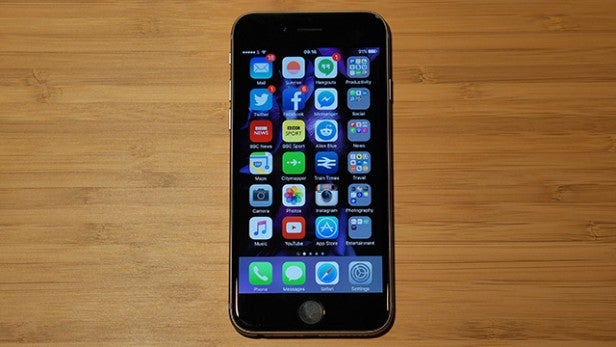iPhone 6S may have a split-processor battery problem

It’s been discovered that the iPhone 6S and iPhone 6S Plus are shipping with one of two different processors, and one may be easier on battery life than the other.
Shortly after the iPhone 6S and iPhone 6S Plus hit shops on September 25, it was discovered that there were two possible CPU components going into them.
One was a TSMC chip built to a 16nm standard, while the other was a Samsung chip built to a 14nm standard. While the Samsung chip is slightly smaller, performance is believed to be pretty much equal.
It seems as if the divide on these components is roughly 50/50, based on current data. Whether this split is down to sourcing difficulties or a deliberate move on Apple’s part to diversify its supply chain is unclear.
Of more concern, however, are claims that the two chips perform differently in terms of battery drain.
According to reports across a number of forums, including Reddit and MacRumours, the TSMC chip has been found to wring up to two hours more life out of the iPhone 6S’s battery than the Samsung.
Related: iPhone 6S Plus vs iPhone 6S
The most dramatic of these claims use the Geekbench 3 battery test to establish their figures, though of course this doesn’t necessarily reflect real world performance.
Still, if you want to check if your iPhone 6S or iPhone 6S Plus CPU is the ‘good’ one, download the free Lirium Device Info Lite app and check out the model number at the bottom of the page. If it’s N71mAP or N66mAP, you have a TSMC chip. If it’s N66AP or N71AP, you have a Samsung chip.
How has the battery life been on your iPhone 6S or iPhone 6S Plus?
Check out our iOS 9 video:


